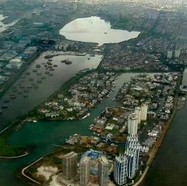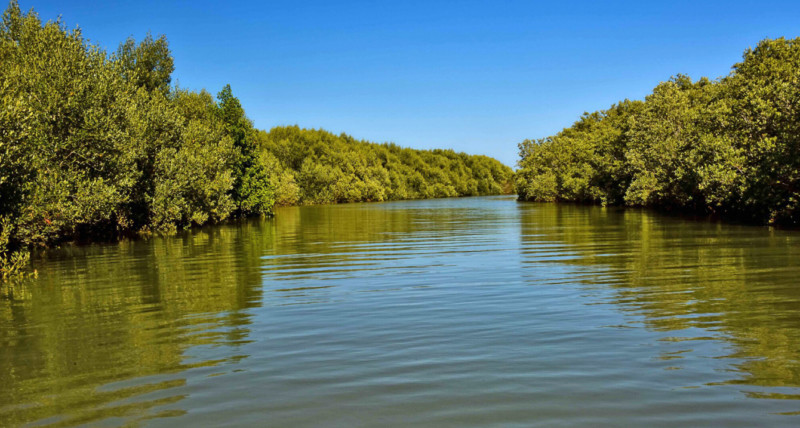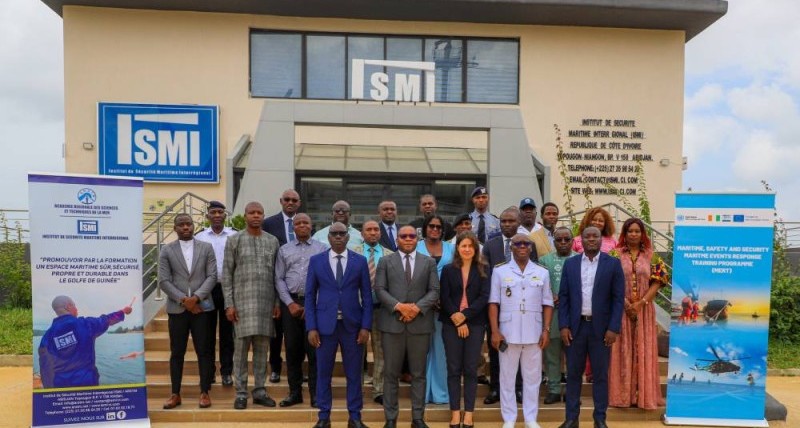Several towns in the Malaysian state of Pahang have begun adopting a solar-powered robot called AquaRover to modernize traditional aquaculture practices.
Kuala Lumpur, June 20 (VNA) – Several towns in Malaysia’s Pahang state have started using a solar robot named AquaRover to upgrade traditional fish farming methods.
Developed by a research team led by Dr. Archina Buthiyappan from the University of Malaya (UM), this initiative aims to combine technology and sustainability to address the growing challenges in the aquaculture sector.
AquaRover is designed to assist fish farmers in monitoring water quality, automating surface cleaning, and reducing dependence on manual labor. Equipped with high-precision sensors, the robot tracks key parameters such as pH, temperature, and ammonia concentration, transmitting real-time data to help prevent diseases and optimize feeding schedules.
Fully powered by solar energy, this robot offers an eco-friendly alternative to conventional machines, helping reduce operating costs and improve environmental outcomes.
Tested in several fish farms with a grant of 222,000 MYR (approximately 52,000 USD) from the Malaysian Komuniti@UniMADANI program, AquaRover has shown promising results. Farmers report clearer pond water, healthier fish, fewer disease outbreaks, and more efficient feed usage.
Beyond aquaculture, AquaRover is also being introduced in schools in Selangor to spark interest in science, robotics, and environmental management.
Dr. Archina emphasized that the project goes beyond technology and represents a revolution in applying clean energy and smart machines to modern agriculture.
The success of AquaRover has attracted interest from government agencies and private sector players, positioning the robot as a strategic solution to combat climate change, ensure food security, and promote rural development in Malaysia. — VNA
Source: vietnamplus




